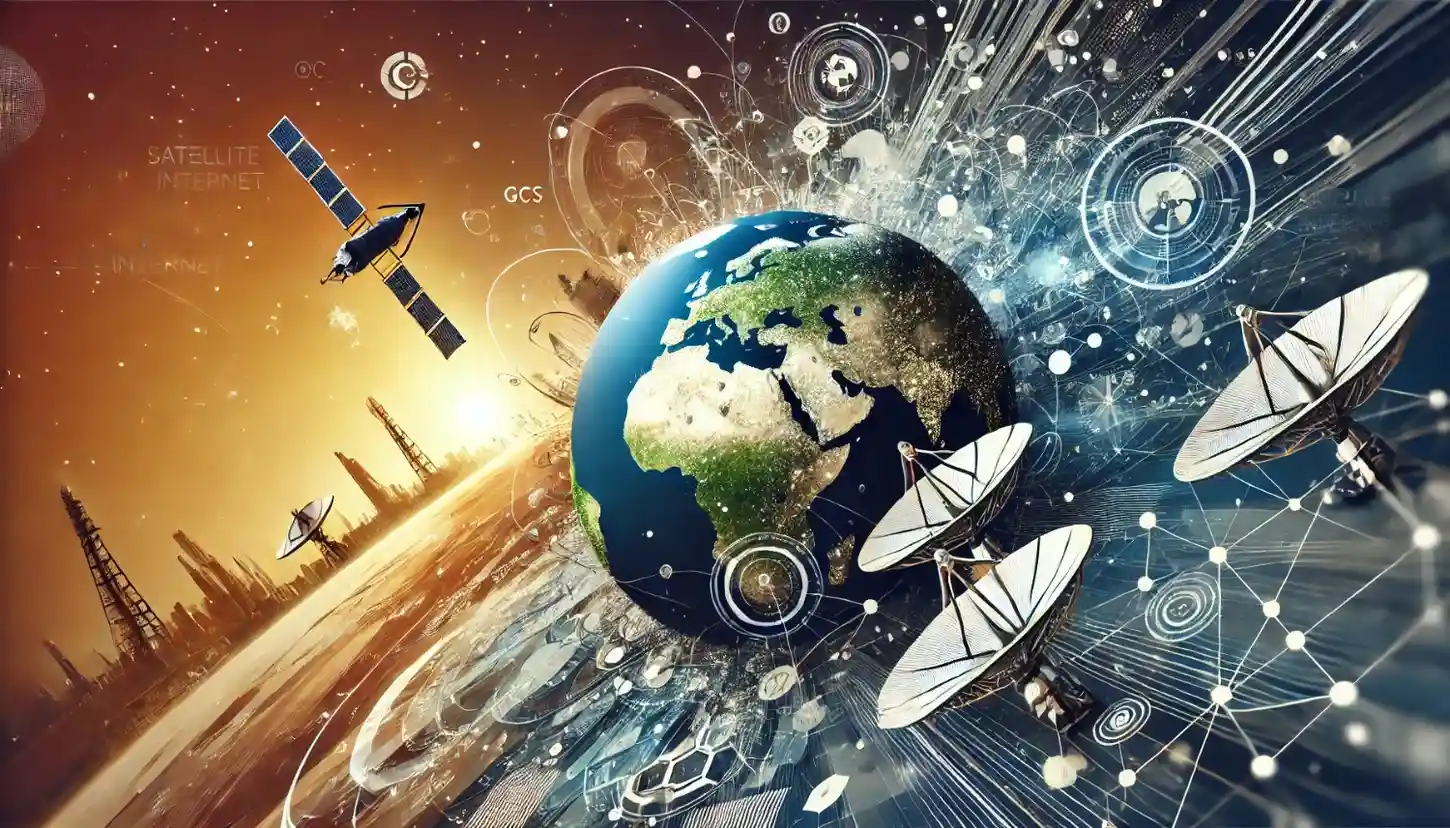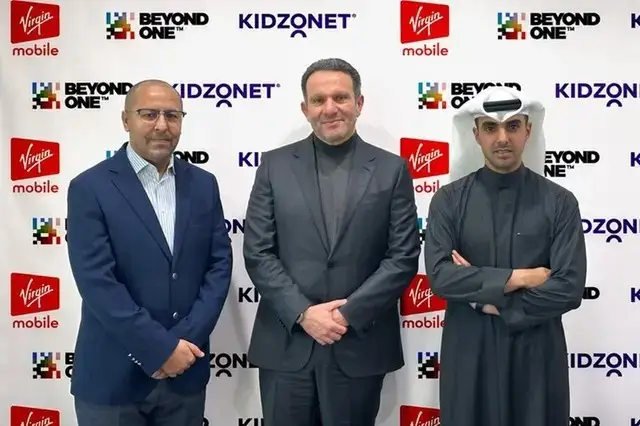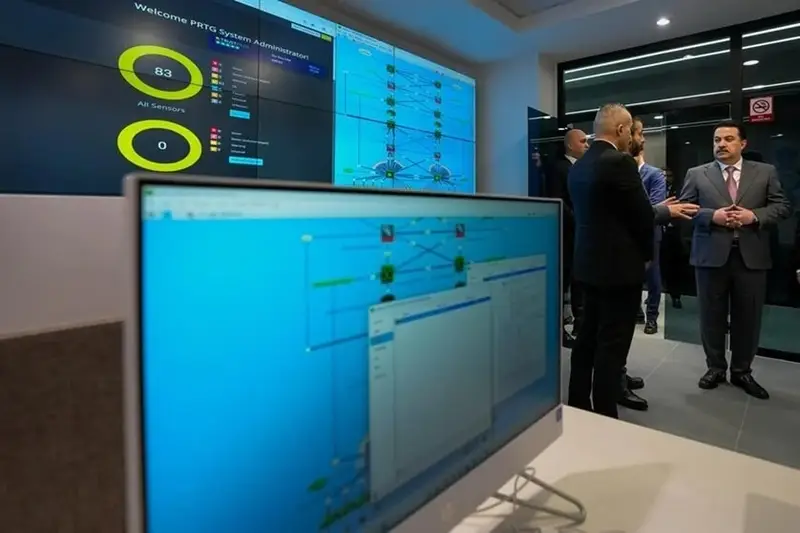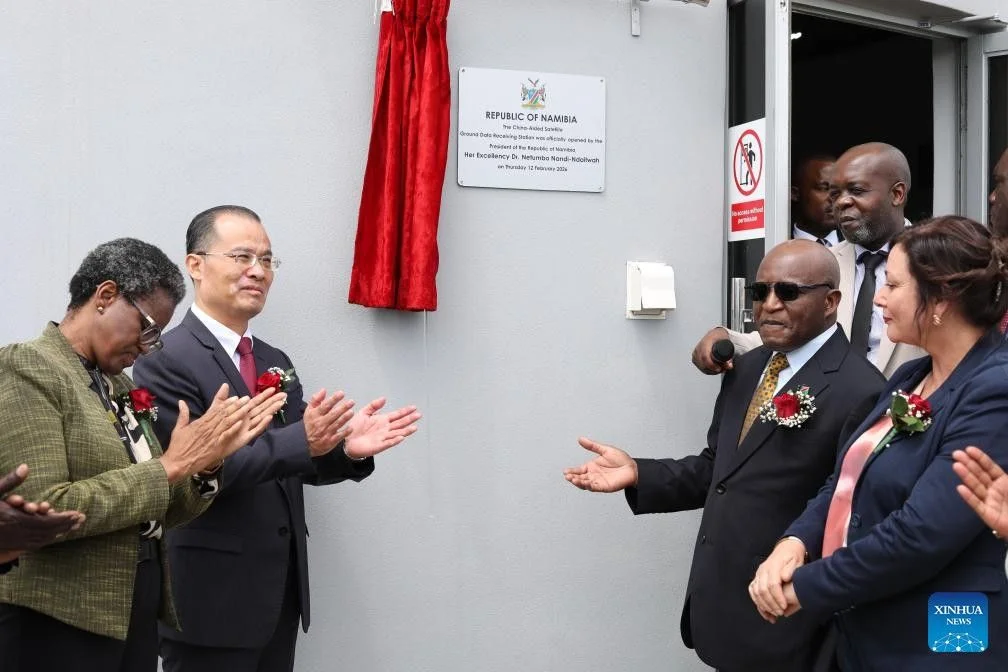The Gulf Cooperation Council (GCC) is entering a new era of digital transformation, with satellite internet at the forefront of this change. While major cities in the region enjoy fast, widespread connectivity, remote areas have long struggled with limited access. Satellite internet is now bridging that gap, bringing high-speed access to underserved communities, driving innovation, and boosting growth across various sectors. This technology is not just about connectivity—it is unlocking vast opportunities for everyone.
Bridging the Digital Divide
Despite advanced infrastructure in urban areas, significant connectivity gaps persist, hindering further advancements and tech adoption. Satellite internet plays a critical role in overcoming these challenges, connecting remote communities to essential services like education and healthcare. In Saudi Arabia, where Vision 2030 prioritizes equitable development, satellite broadband is supporting telemedicine initiatives and enabling virtual classrooms, bringing quality education to even the most remote regions of the Kingdom.
Transforming Industry and Agriculture
Small and medium-sized enterprises (SMEs) are central to the GCC’s economic prosperity. Satellite internet is empowering these businesses, particularly in Bahrain and the UAE, by providing seamless access to e-commerce platforms, cloud-based solutions, and global markets. Through satellite connectivity, SMEs can adopt advanced logistics and inventory management systems, enhancing their competitiveness on the international stage.
In the UAE and broader Middle East, farms are increasingly using precision farming techniques powered by satellite technologies, such as GPS-guided tractors, drones for crop monitoring, and sensors for efficient irrigation management. This enhanced connectivity is expected to significantly increase the contribution of SMEs to the region’s GDP.
Fueling Industry 4.0 Adoption
The Fourth Industrial Revolution is reshaping key sectors in the GCC, including oil and gas, agriculture, and logistics. Satellite technology is playing a vital role in this transformation. For example, Saudi Aramco’s use of digital technologies for remote monitoring and automation in its oil fields has led to significant improvements in efficiency, safety, and environmental performance.
In the oil sector, the integration of IoT-enabled sensors with satellite networks is optimizing extraction processes, improving operational efficiency and safety. Similarly, satellite technology is enhancing precision farming in arid regions, with the potential to greatly boost agricultural yields. Schlumberger, a global oilfield services company, is implementing AI-powered solutions using satellite data for reservoir modeling and production optimization in the Middle East, further demonstrating satellite technology’s potential to improve efficiency in the region’s oil industry.
Key Satellite Players Shaping the GCC
Several satellite technology companies are driving the GCC’s digital transformation:
- Starlink: Elon Musk’s Starlink is rapidly expanding in the region, providing high-speed, low-latency internet crucial for applications like IoT and autonomous vehicles. Its scalable solutions are particularly beneficial in maritime zones and remote desert areas.
- AST SpaceMobile: AST SpaceMobile is set to revolutionize direct-to-device (D2D) communication, enabling internet access on standard smartphones without specialized equipment, breaking down barriers to satellite adoption.
- Lynk: Lynk’s use of LTE standards allows seamless integration with existing terrestrial networks, making it a cost-effective solution for expanding connectivity in rural regions like Oman.
- Viasat and Iridium: Focused on IoT solutions, Viasat and Iridium are empowering industries like logistics and agriculture. Their technologies enable real-time data collection and analysis, even in challenging environments, driving smart city initiatives and industrial automation across the GCC.
Shaping the Future of Connectivity
The GCC is actively shaping the future of satellite internet. Initiatives such as the UAE’s licensing of Starlink for maritime use reflect a commitment to embracing this technology. Regional collaborations, including partnerships between Yahsat and private tech firms, are driving innovation and expanding access to affordable satellite solutions.
As the GCC continues to invest in satellite infrastructure and navigate the evolving regulatory landscape, satellite internet is poised to become an even more integral component of the region’s digital transformation, fostering economic growth, social inclusion, and regional competitiveness.















